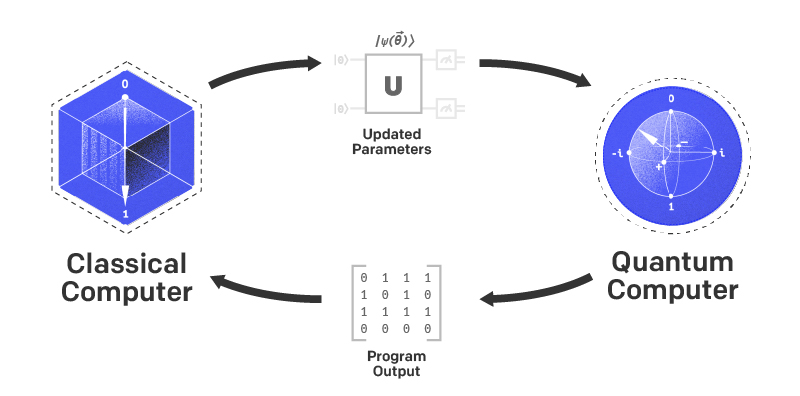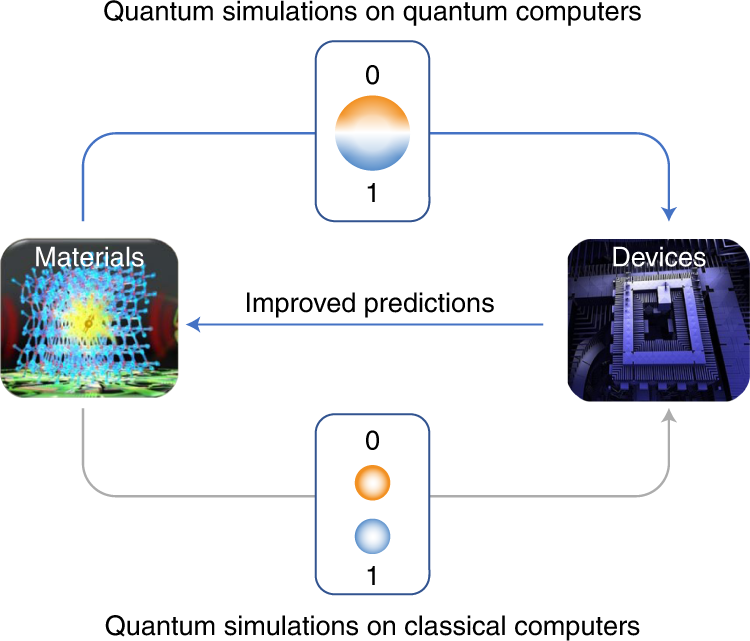The Future of Quantum Computing: Transforming Technology and Business
As technology evolves at a lightning-fast pace, quantum computing emerges as a revolutionary advancement that could redefine industries, reshape problem-solving, and catapult humanity into a new era of innovation. Unlike traditional computers that use binary bits (0s and 1s) to process information, quantum computers leverage quantum bits, or qubits, which can exist in multiple states simultaneously. This unique property, rooted in the principles of quantum mechanics, offers the potential for exponentially faster computing power and more efficient solutions to complex problems.
To appreciate the transformative potential of quantum computing, it’s essential to understand its foundation. Traditional computers process information using transistors that toggle between 0 and 1. These binary bits represent two distinct states, limiting the processing speed and capability of classical systems.

Quantum computers, however, operate with qubits, which can represent 0, 1, or both simultaneously thanks to superposition, a key quantum principle. Furthermore, qubits interact with one another through entanglement, allowing changes in one qubit to instantly affect others, regardless of distance. These principles make quantum computing a fundamentally different—and vastly more powerful—approach to computation.
Quantum computing has the potential to revolutionize healthcare by accelerating drug discovery and development. Pharmaceutical companies face monumental challenges when modeling complex molecular structures and simulating chemical interactions. Quantum computers can process vast amounts of data at unprecedented speeds and significantly shorter timelines for developing treatments for diseases like cancer and Alzheimer’s. For example, IBM’s quantum systems have been utilized to simulate caffeine molecules, a stepping stone toward simulating larger, more intricate molecular structures.

Industries reliant on logistics—such as transportation, retail, and manufacturing—can reap immense benefits from quantum computing. Traditional optimization methods for routing delivery trucks or scheduling production lines are computationally intensive. Quantum computers can process all possible routes or schedules simultaneously, identifying optimal solutions faster and more effectively than classical systems. Consider Volkswagen’s collaboration with D-Wave to optimize traffic flows in major cities. By analyzing data from cars and traffic sensors, the company improved congestion management, reducing travel times for thousands of commuters.
While quantum computing holds incredible promise, it also presents challenges—especially in the realm of cybersecurity. Quantum computers could potentially break traditional encryption methods, such as RSA and AES, that protect sensitive data. However, this risk has led to the development of quantum cryptography, which employs quantum mechanics to secure communications. For instance, Quantum Key Distribution (QKD) enables ultra-secure communication by detecting any eavesdropping attempts. Major organizations, including banks and government agencies, are already investing in QKD to safeguard critical data.
Quantum computers can simulate intricate systems, such as weather patterns and global climate models, with unparalleled precision. This capability is vital for developing effective strategies to combat climate change. Businesses in renewable energy, agriculture, and environmental research could use quantum systems to optimize resource utilization and predict environmental changes with greater accuracy.
Quantum computing could transform the financial sector by enabling rapid risk analysis, portfolio optimization, and fraud detection. Hedge funds and investment firms are exploring quantum systems to gain a competitive edge in trading and investment decisions, analyzing massive datasets in real-time.

Despite its potential, quantum computing is still in its infancy, with several challenges to overcome:
- Cost: Building and maintaining quantum computers is expensive due to the extreme conditions required for operation, such as ultra-low temperatures and specialized equipment.
- Error Rates: Quantum systems are prone to errors due to environmental noise, making them less reliable than classical systems for certain tasks.
- Limited Qubit Scalability: Current quantum computers lack the large-scale qubit infrastructure required for practical applications, though rapid advancements are being made.
Major tech companies, including Google, IBM, and Microsoft, are investing heavily in research and development to address these limitations.
Quantum computing represents more than just a technological advancement—it’s a paradigm shift that could redefine how businesses, governments, and individuals approach problem-solving. While practical applications are still evolving, the opportunities it presents are limitless. By staying informed and preparing for the quantum future, organizations can position themselves at the forefront of this technological revolution.
